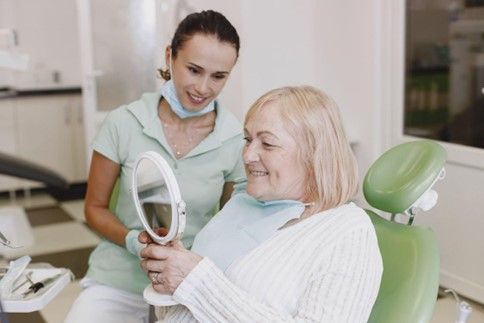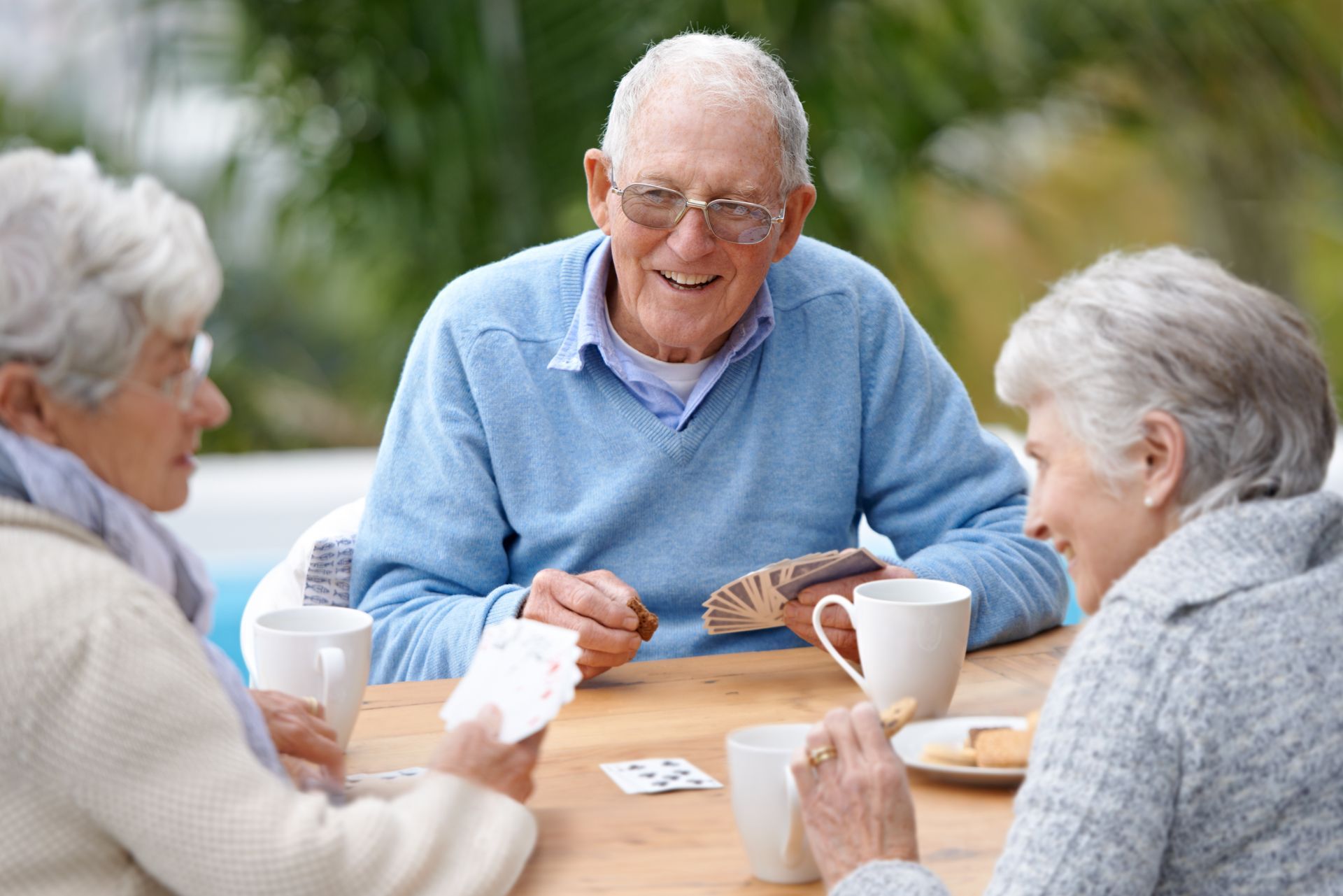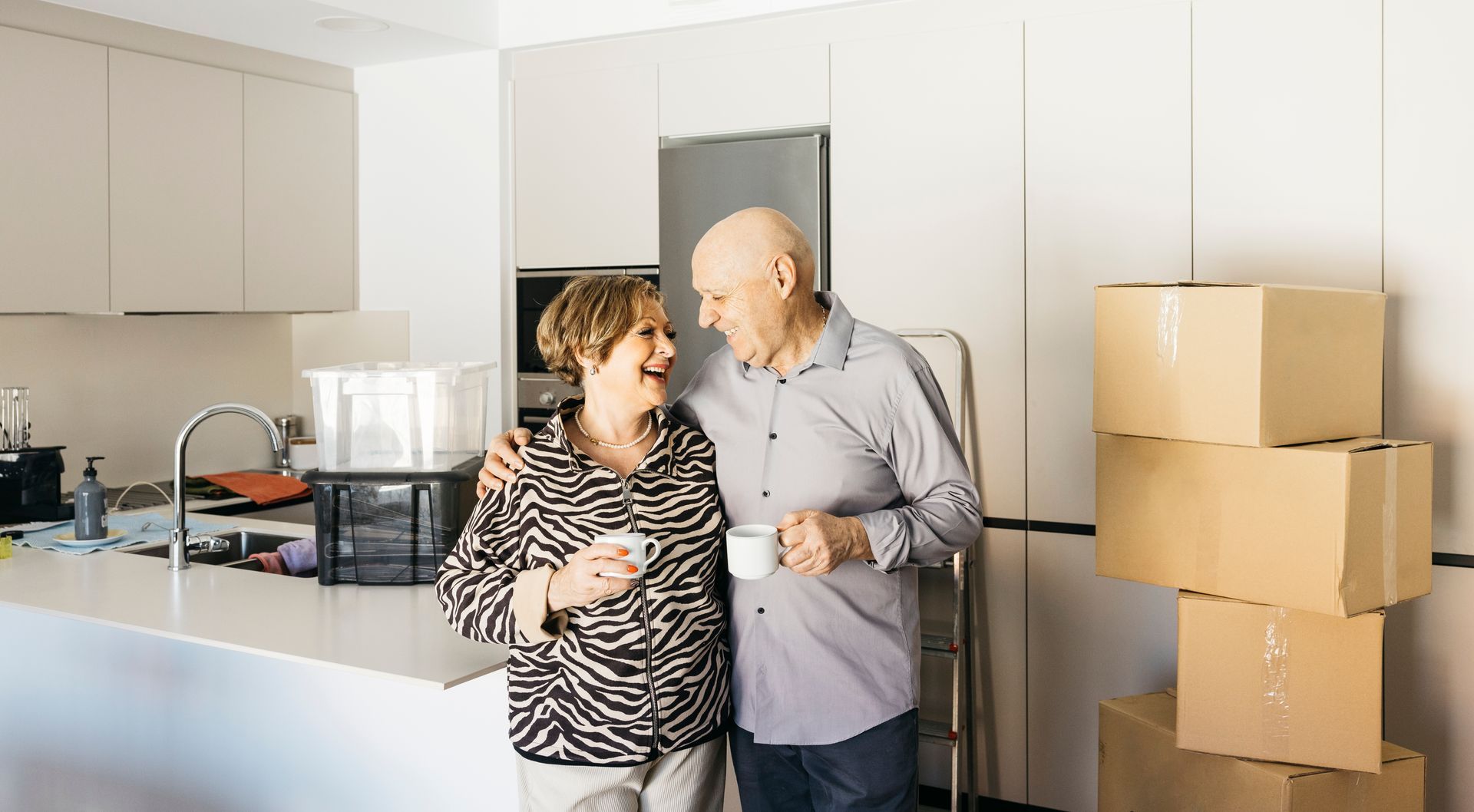Oral Health Care Tips Every Senior Caregiver Should Know
By Hal Salazar creator of Elders.Today

It’s the kind of thing that gets overlooked—until it hurts. A small sore. A missed brushing. That subtle change in breath that signals more than just skipped mouthwash. As a caregiver, your hands are full. Meals, meds, moods. But teeth? Gums? The daily grind of oral health? That’s just as essential. This isn’t about perfection. It’s about keeping discomfort at bay, dignity intact, and routines alive for someone who can’t quite do it themselves anymore.
Brush Up on Basics
Don’t assume brushing is happening; confirm it. Older adults under care often lose either the dexterity or the memory needed to stick with a solid routine, so it’s up to you to guide or assist. The gold standard is brushing twice a day with a soft-bristled brush and fluoride toothpaste, flossing once if they tolerate it, and rinsing with an alcohol-free mouthwash. Keep supplies simple and visible. You can even set a reminder alarm or tie it to another daily activity, like after breakfast or before a favorite TV show.
Watch for Red Flags
You know their moods, their appetites, and their skin tone. Get just as familiar with their mouth. Look for bleeding gums, white patches, bad breath that doesn’t lift, swollen cheeks, or any avoidance of crunchy foods. These may seem minor, but they’re early signs of oral health issues that can snowball fast. Oral infections can trigger systemic problems in older adults—yes, even heart complications. Be proactive, not reactive. Keep a small dental log if that helps; jot down changes, pain complaints, or missed days.
Simplify the Tools
You need tools that work for your person, even if they’re a little unglamorous. If they struggle with grip, try wide-handled or electric toothbrushes. If they can’t rinse well, switch to waterless mouth wipes. Floss picks often work better than thread, and a headlamp or magnifying mirror can help if your lighting is bad. There are adaptive dental care tools made specifically for dependent seniors—don’t just stick with what’s in your own medicine cabinet. The goal isn’t just clean teeth. It’s tools that match the moment.
Digitize Dental Records
Don’t wait until someone asks for a history of root canals while you’re juggling dinner and a laundry cycle. Keep dental records digital; this includes x-rays, treatment notes, insurance approvals, even appointment slips. Use a mobile scanning app and your phone’s camera to quickly turn any piece of paper into a PDF. Then file it into a simple folder structure. And if you need a solid option to help you out, there’s one that converts, syncs, and organizes files seamlessly. You’ll thank yourself the next time a hygienist calls and you need the last cleaning date stat.
Coordinate with Professionals
You’re not a dentist. You shouldn’t pretend to be one. But you are a point person, and that means you need to bridge the gap between providers and your loved one. Bring a written summary to each visit: what’s working, what hurts, what’s changed. Ask about the long view—not just fillings, but oral health as part of the bigger care picture. Good dental care coordination strategies can prevent hospitalizations, increase eating comfort, and protect against bigger health issues. Don’t be afraid to call and follow up either. That’s not pestering. That’s caregiving.
Stay Ahead of Dry Mouth
It sounds like a small thing until it isn’t. Medications, especially those for blood pressure, depression, or Parkinson’s, can dry out the mouth fast. So can dehydration, which creeps in before you spot it. Encourage frequent sips of water, sugar-free gum if they can chew, and humidifiers if the air is dry. Avoid alcohol-based rinses and salty snacks. And yes, mention it to their doctor; there are options for managing dry mouth in seniors, including special gels and prescription rinses. Moisture protects the mouth. And the mouth protects everything else.
Build a Routine That Sticks
It’s not just about remembering. It’s about rhythm. Older adults under supervised care respond well to routines. So link oral care to other daily moments: brushing right after breakfast, flossing during evening TV, and mouthwash before bed. Keep products in plain view, pre-dispense toothpaste if needed, or even use sticky notes on the bathroom mirror. Some caregiver apps for scheduling allow you to set gentle reminders, especially helpful if you share duties with others. The more consistent the cue, the easier the habit.
Caring for someone means caring for all of them, right down to the molars. Oral health isn’t glamorous, and it’s not usually urgent. But it matters, more than most people realize. As a caregiver, you’re not just managing teeth. You’re managing comfort, confidence, and connection. A smile isn’t just a photo op. It’s proof they’re still themselves. Keep that going, one brushstroke at a time.
Experience compassionate, Christ-like care at Artesia Christian Home—schedule your tour today.
Hal Salazar created Elders.Today to lend a helping hand to seniors via carefully curated resources. Hal is newly retired, and as he embarked on planning and preparing for his golden years, he realized there was a lot of information to keep up with so he started gathering it all on his website to help out his fellow seniors. When Hal isn’t working on Elders.Today, he enjoys walking at his local park, testing out new recipes on his wife, Marlene, and playing piano.







